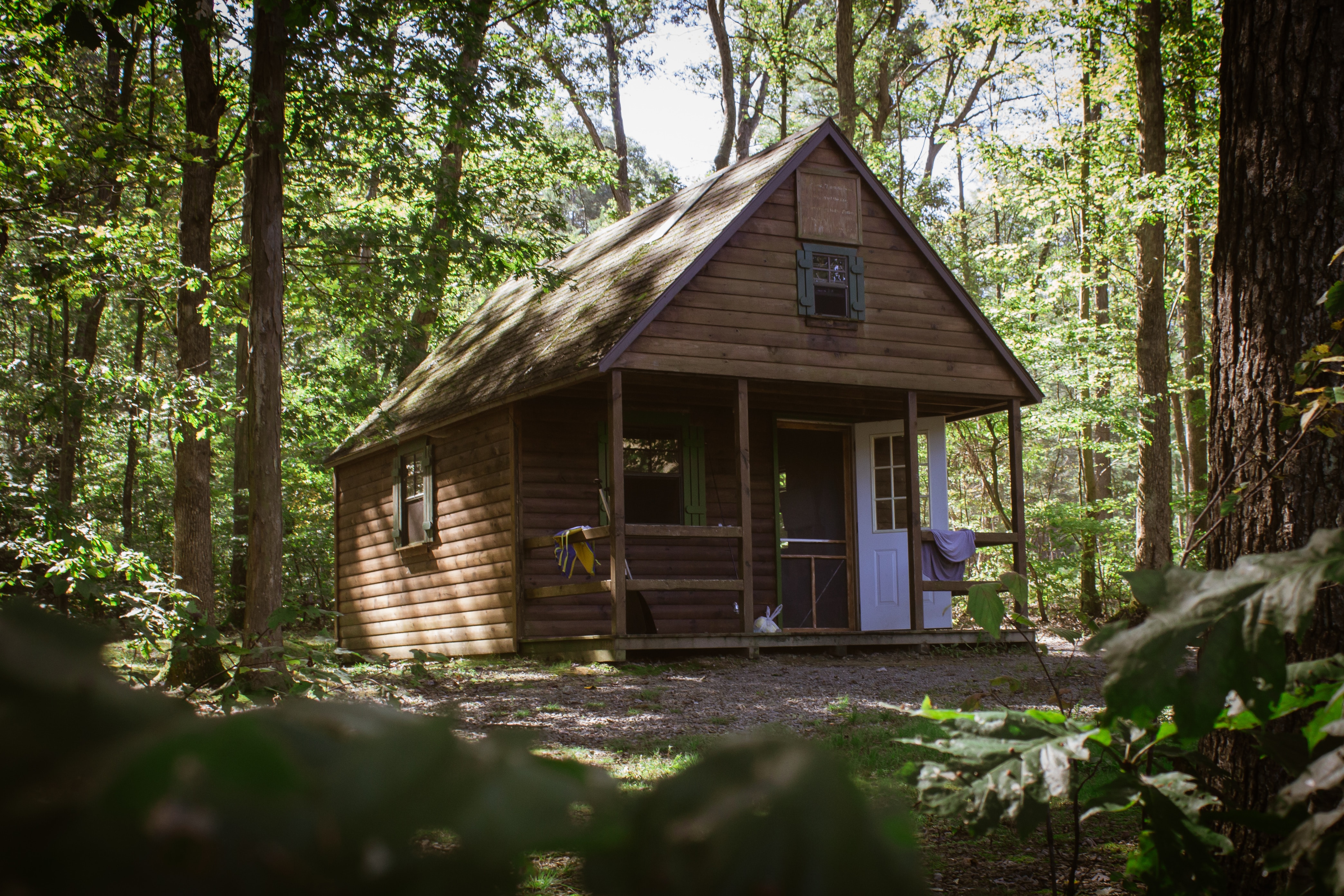
“When I pronounce the word Silence / I destroy it”, wrote Wisława Szymborska in a poem I quoted in the previous part of my paradoxical investigations into silence.
When I pronounce the word silence, I think about several things simultaneously.
First of all, I simply imagine a quiet place; some space where no noises can reach me, especially no civilized noises. A quiet room with a view. A house with a garden. A cabin in the woods. But it is not only sounds, or a lack thereof, that I think of when I think about silence. I also think about being free from politics and




